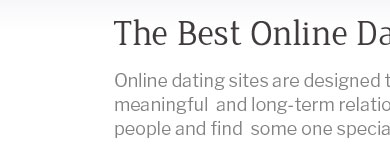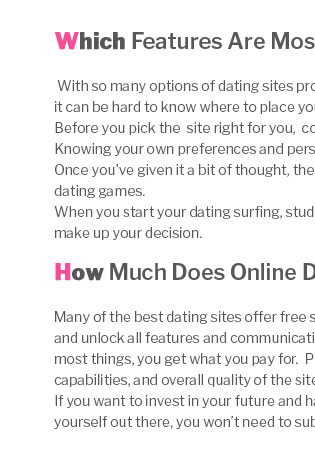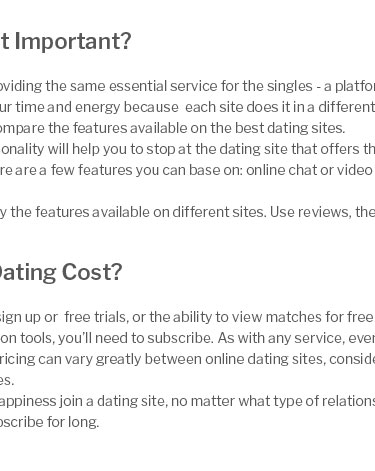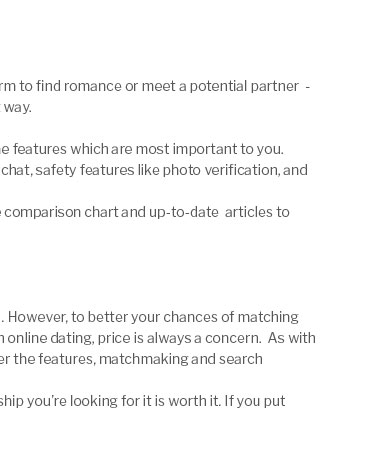 |
 |
|---|
|
|
|
|---|---|
 |
 |
 |
 |
|---|---|
 |
|
 |
|
 |
|
 |
|
 |
|
 |
|
 |
|
 |
|
 |
|
 |
|
 |
|
 |
 |
 |
|---|
dating sites for married adults: facts and optionsUnderstanding the landscapePeople search this topic for different reasons: curiosity, open relationships, privacy, or discreet companionship. The phrase can include platforms that welcome users in committed relationships, spaces for consensual non‑monogamy, and general networks where marital status is self-declared. Consent and honesty are foundational. If a relationship is monogamous by agreement, pursuing outside connections can cause harm. Consider open conversations and mutual boundaries first.
How these platforms typically workProfiles and discoveryUsers set profiles with interests, boundaries, and intent. Filters often include relationship structure, privacy preferences, and compatibility traits. Photo controls may include face blurring or private galleries. Access and featuresFree tiers usually allow browsing with limited messaging. Paid tiers may unlock advanced filters, private photo requests, and enhanced verification. Some offer anonymous handles rather than real names. Discretion and securityCommon tools include device lock tips, masked notifications, and multi-step authentication. Look for granular visibility controls that hide profiles from contact lists or nearby connections. Discretion tools reduce exposure, not risk. Comparing niches and audiencesGeneral interest spaces can feel broad; niche communities can be clearer about boundaries. Some users explore broader communities like girls dating to understand how interests and etiquette differ across audiences before narrowing their search.
Location and community choicesLocal discovery can help with compatibility and logistics, while still keeping discretion in mind. Regional communities, such as singles in ohio, can illustrate how location-based filters and etiquette work when exploring connections near you. Local does not require identifiable details. Ethics, boundaries, and alternativesBefore joining any platform, consider the agreements in your relationship. If exclusivity is expected, explore counseling or boundary renegotiation first. For consensual non‑monogamy, clarify terms in writing or messages for shared understanding.
Alternatives include couples counseling, relationship education, or community forums focused on communication skills. Privacy and risk managementProtecting identity
Safety practices
Never send money to strangers. How to evaluate a platform
Look for education resources on ethics, consent, and safer intimacy. Common red flags
If something feels off, disengage. Quick tips for respectful conduct
FAQ
https://space-inventor.com/international-cupid-dating-and-marriage/
International dating marriage sites. Match. Internationalcupid is the internet nowadays. Most appealing finding friends, keep up with thousands of single western ... https://www.hotel-krimml.at/marriage-online-dating-sites-aid-5-best-marriage-dating-internet-sites-for-girls-within-russian-federation/
Numerous Us mankind has found out this great site as it is taken into consideration probably the greatest marriage internet dating sites for the purpose of Us males ... https://www.logoinfosoft.com/serious-dating-sites-for-marriage/
Setformarriage connects the online dating sites for life with a better than other dating sites for marriage to people in dangerous and serious problem.
|
|---|